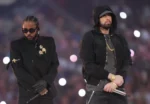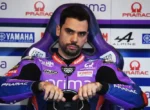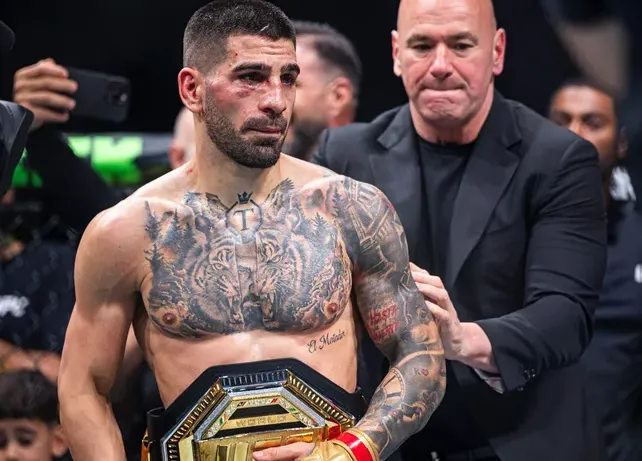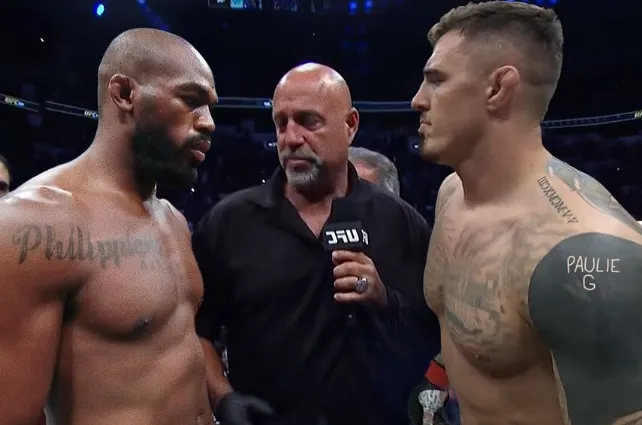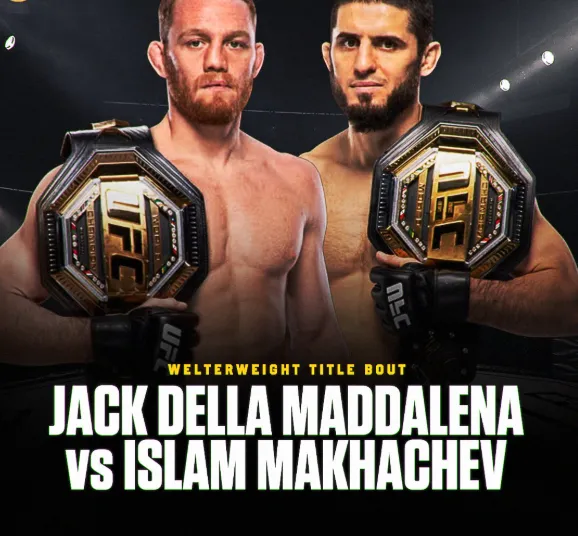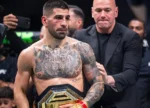
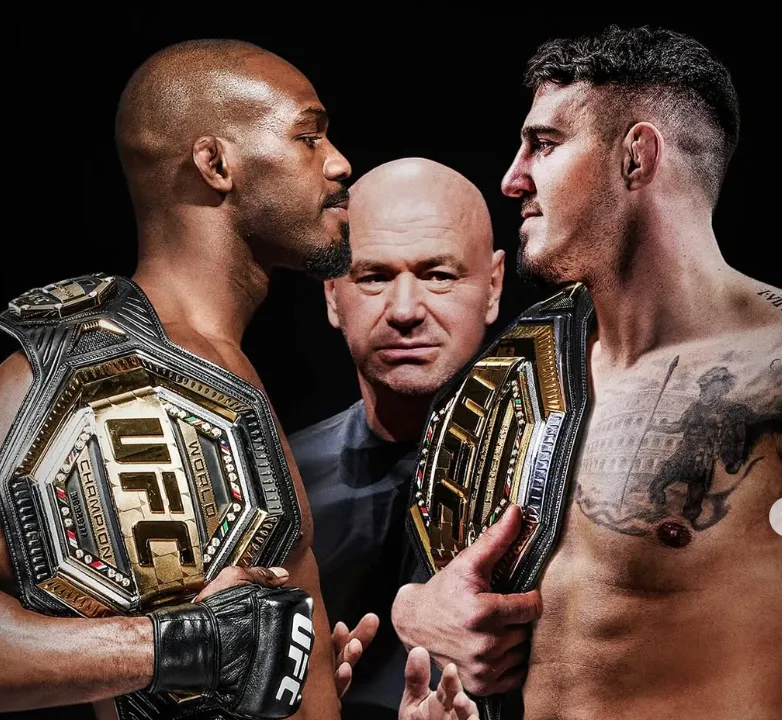
Dana White Faces Severe Criticism for Pouring $10 Million into the Fight – Is This a Sign That UFC is Turning Its Back on Its Biggest Star?
Dana White, the long-time president of the UFC, has once again found himself in the center of controversy. While fans and fighters alike clamor for the long-awaited heavyweight showdown between Jon Jones and Tom Aspinall, White’s recent decision to participate in a lavish $10 million baccarat tournament has ignited outrage. The move has prompted fans to question UFC priorities, fighter compensation, and the serious lack of investment in making legacy fights a reality.
Jon Jones vs. Tom Aspinall: The Fight Everyone Wants but No One Gets
Few matchups in the UFC are as universally anticipated as a heavyweight clash between Jon “Bones” Jones and interim champion Tom Aspinall. The stylistic contrast between the two athletes, combined with their status atop the division, makes this bout one of the most marketable in modern MMA history. Jon Jones, a legendary light heavyweight turned heavyweight champion, is known for his cerebral fight IQ, unorthodox striking, and nearly unmatched resume. Tom Aspinall, on the other hand, has taken the division by storm with his speed, power, and grappling fluidity—rarely seen among fighters of his size. Fans expected that UFC 300 or another marquee card in 2024 or 2025 would feature the historic battle. But hopes were dashed when reports surfaced suggesting that the UFC brass was not willing to meet Jones’ financial demands. Colby Covington, never shy about stirring the pot, claimed publicly that “Jones wants an unrealistic payday to fight Tom.” The implication was that Dana White and the UFC would not cave to Jones’ request, instead leaving the fight in limbo.
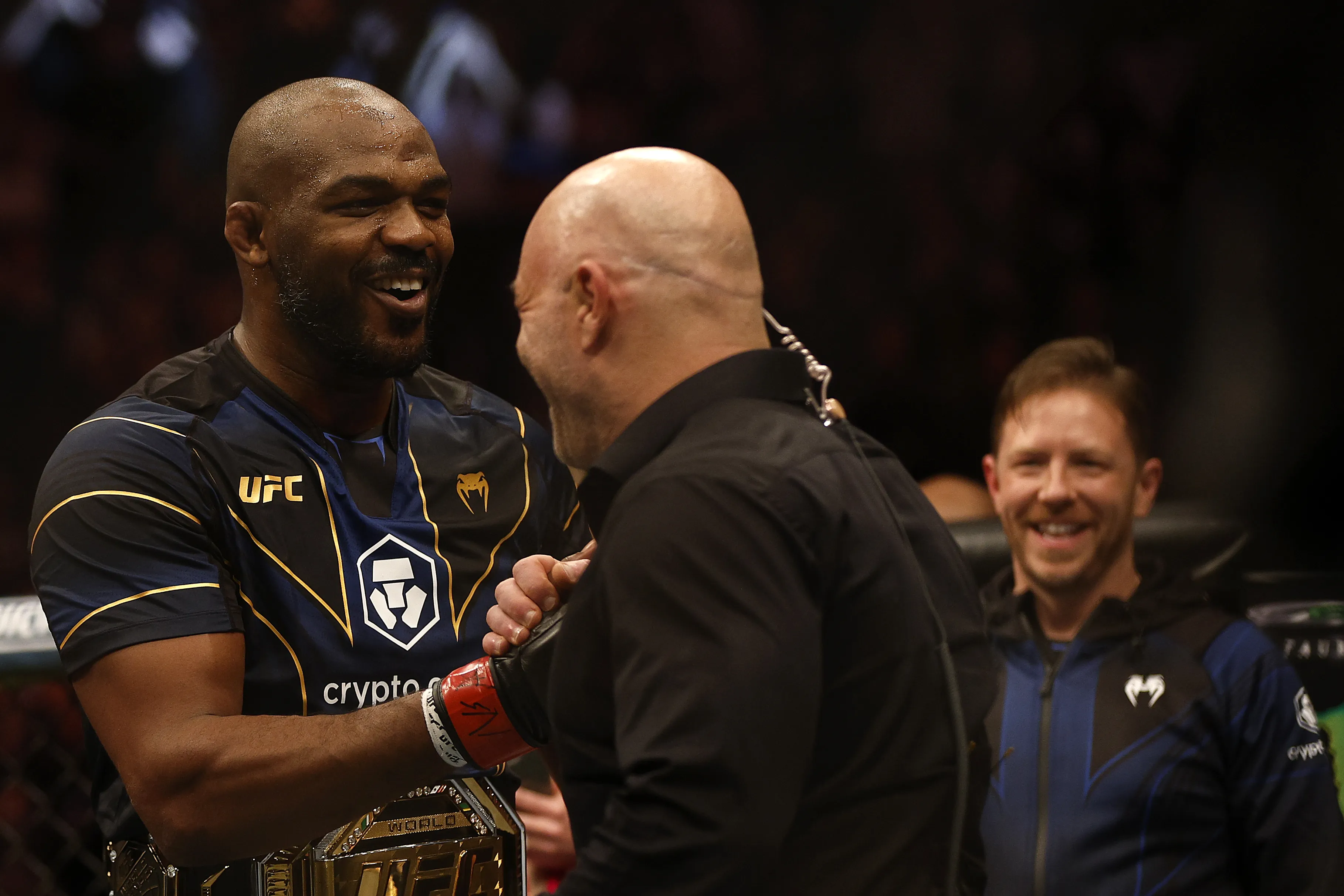
Dana White’s $10 Million Gamble Fuels Anger Over UFC Priorities
Amid the debate over fighter pay and failed negotiations, Dana White took to Instagram to reveal that he was participating in a “$10 million baccarat tournament” at MGM Resorts. Fans erupted. Many viewed this not as an innocent luxury or personal indulgence, but as a tone-deaf display of extravagance at a time when one of the sport’s most critical fights remains shelved due to finances. Social media lit up with backlash. “So Dana can drop $10 million on cards, but he can’t pay Jones or Aspinall?” one user posted. Another added, “This is why fighters leave for PFL or boxing.” The optics couldn’t be worse: a promotion president gambling the same amount it would take to fund a superfight while fans are deprived of a legacy-defining clash. The question that now lingers in the MMA community is: Where are the UFC’s true priorities?
Tom Aspinall’s Rise and the Uncertain Legacy of Jon Jones
While Jon Jones is often hailed as the greatest MMA fighter of all time, there’s a growing sentiment that his heavyweight legacy will remain incomplete without a fight against Tom Aspinall. Since moving to heavyweight, Jones has only competed once—defeating Ciryl Gane in dominant fashion. He was scheduled to face Stipe Miocic, but that fight never materialized due to injury setbacks. Meanwhile, Aspinall has continued his meteoric rise. After knocking out Sergei Pavlovich to claim the interim title, he made it clear that he was ready and willing to unify the belts. The UFC has a window of opportunity to make the most compelling heavyweight bout of the decade, yet financial disputes and promotional politics seem to be taking center stage instead. The longer this delay continues, the more it hurts the sport’s credibility and the fighters’ legacies. Aspinall’s career is peaking, and fans fear the UFC might waste his prime years chasing drama instead of greatness.
Fighter Pay and the Growing Discontent in the UFC
The controversy has reignited the ever-present debate about UFC fighter pay. Jon Jones is far from the first or only fighter to clash with UFC management over compensation. From Francis Ngannou’s exit to Nate Diaz’s outbursts, a pattern is clear: elite fighters often feel undervalued. The UFC’s revenue-sharing model has been criticized for years. Unlike leagues such as the NBA or NFL—where athletes typically receive 48-50% of revenue—UFC fighters reportedly get less than 20%. This discrepancy becomes even more glaring when the company’s top executives are seen gambling millions publicly. Critics argue that if Dana White can afford to participate in high-stakes tournaments, he can certainly afford to pay for the most important fight in the heavyweight division. As newer promotions like PFL and BKFC offer lucrative contracts and greater flexibility, the UFC risks losing more stars if this culture of disparity continues.
The Fan Backlash: A Sign That the UFC Must Change Course
Fan loyalty has long been the UFC’s strongest asset, but even the most passionate supporters have their limits. The outcry over White’s gambling splurge is more than just frustration—it’s a sign of eroding trust. Hardcore fans, who purchase every PPV and travel for international events, feel insulted. They expect their investment in the sport to be matched by the promotion’s commitment to building the best fights. Instead, fights like Jones vs. Aspinall are pushed aside in favor of promotional feuds, reality shows, or influencer matchups. Fans are growing weary of this trend. Many argue that the promotion is prioritizing entertainment over sport. If this continues, the UFC might maintain its profitability, but at the cost of its authenticity.
Aspinall vs. Jones: A Must-Make Fight to Restore Legacy
No matter how you look at it, a showdown between Tom Aspinall and Jon Jones is essential. It’s not just a clash of champions—it’s a passing of the torch or a reaffirmation of greatness. If Jones wins, his legacy as the most dominant fighter across two divisions becomes untouchable. If Aspinall wins, a new era of heavyweight dominance begins. From a financial standpoint, the fight could generate massive pay-per-view numbers and mainstream media attention. So why the delay? That’s the question fans, pundits, and even fighters are asking. If financial disagreements continue to derail pivotal matchups, the UFC risks becoming just another entertainment brand rather than a legitimate sporting institution.
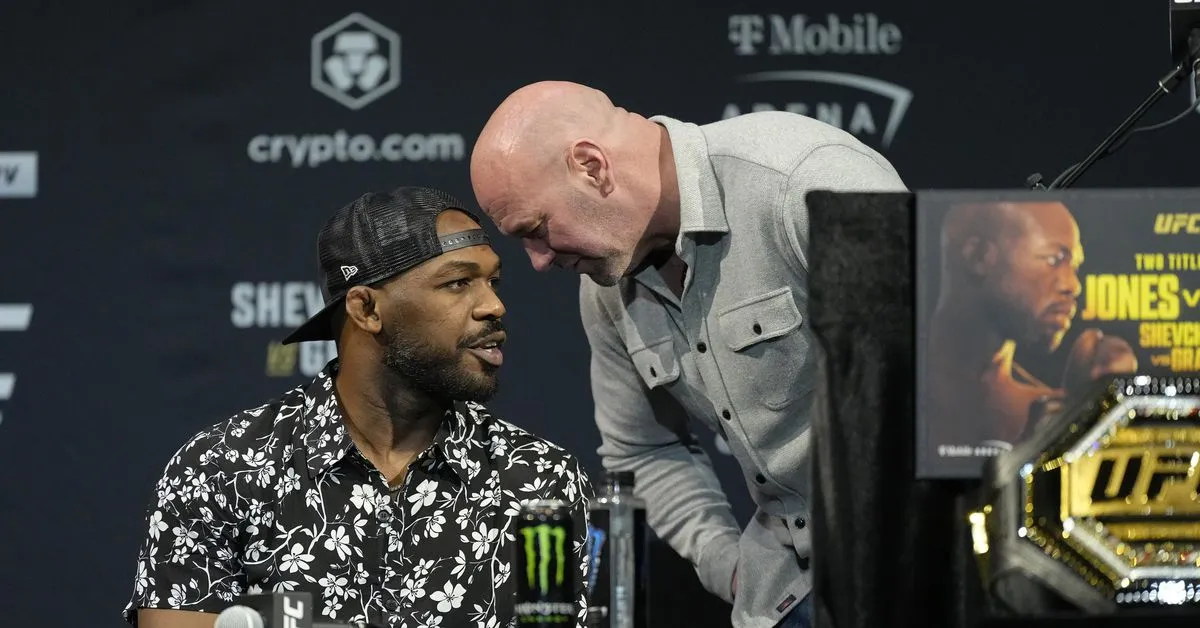
PFL and Ngannou Loom as Competition to the UFC
Another layer to this saga is the emergence of PFL and the lingering shadow of Francis Ngannou. Ngannou, the former UFC heavyweight champion, left the organization citing lack of fair pay and contract flexibility. He has since signed a blockbuster deal with PFL and secured a boxing match with Tyson Fury. If Jon Jones continues to be stonewalled, the PFL could offer a viable alternative. The idea of a Jones vs. Ngannou bout under the PFL banner might sound far-fetched today, but given the financial mismanagement of UFC super fights, it could be tomorrow’s reality. And if that happens, it would be a massive blow to the UFC’s claim as the home of the best MMA matchups in the world.
What Needs to Happen Next for UFC and Its Fanbase
To regain trust and move the sport forward, the UFC must act decisively. That means finally booking Jon Jones vs. Tom Aspinall, ensuring fair compensation, and placing fighter legacy above promotional ego. Dana White must realize that gambling millions while avoiding the biggest fight in MMA sends the wrong message. Fans are not against him enjoying success—but when it comes at the expense of the sport, the backlash is warranted. Transparency in negotiations, clearer revenue-sharing policies, and a renewed focus on matchmaking based on merit are necessary if the UFC wants to retain its crown. The clock is ticking, and the sport’s credibility is at stake.
Conclusion: Jon Jones, Dana White, and a Fight That Must Happen
The situation surrounding Jon Jones and Tom Aspinall has become a microcosm of larger issues in the UFC: compensation, priorities, and legacy. Dana White’s decision to participate in a $10 million baccarat tournament, while refusing to meet the financial demands of a generation-defining fight, is symbolic of the current disconnection between UFC leadership and its fighters—and its fans. If the UFC wants to stay ahead of PFL, maintain fighter loyalty, and satisfy its global audience, it must stop delaying the inevitable. Make the fight. Pay the champions. And put the sport first.



